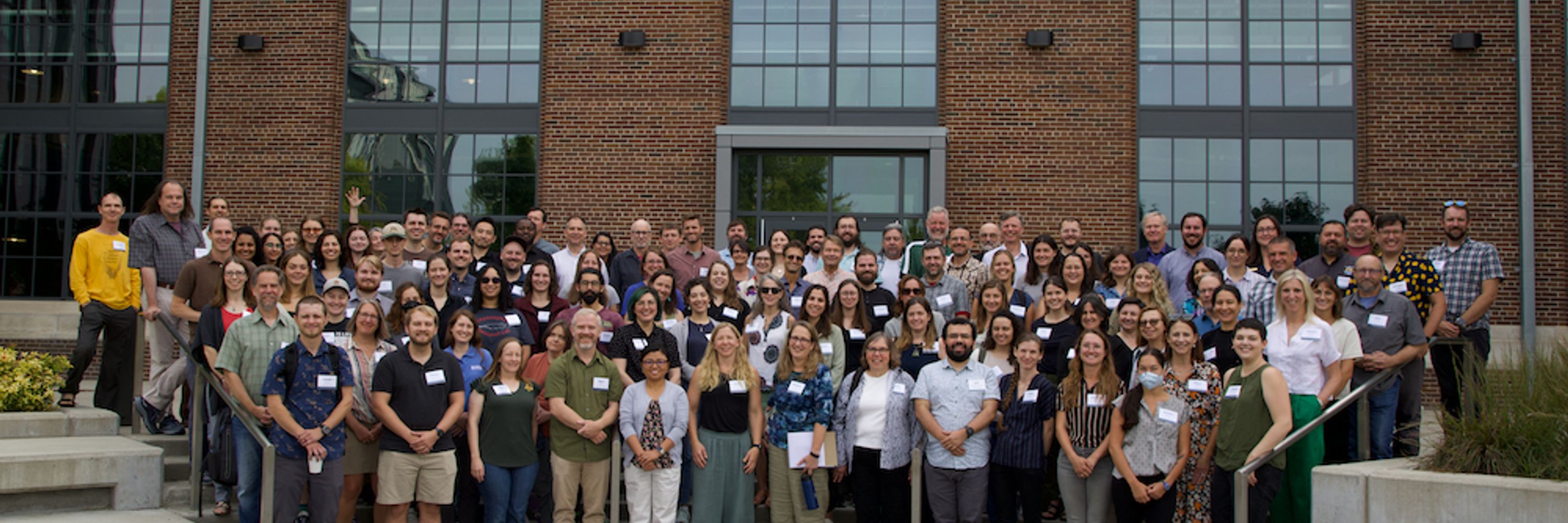Midwest Climate Adaptation Science Center
@mwcasc.bsky.social
4.8K followers
15 following
21 posts
Delivering science to help fish, wildlife, water, land + people adapt to a changing climate.
We're a partnership between the US Geological Survey and a consortium of regional institutions hosted by the University of Minnesota.
Posts
Media
Videos
Starter Packs
Reposted by Midwest Climate Adaptation Science Center
Reposted by Midwest Climate Adaptation Science Center
Meade Krosby
@meadekrosby.bsky.social
· Jan 15

Apply Now to the 2025 Climate Equity and Resilience Summer Institute | Climate Impacts Group
Applications are now open for the 2025 Climate Equity and Resilience Summer Institute!Read below to learn more about the program, sign up for an information session, and apply by March 17, 2025, with ...
cig.uw.edu





















